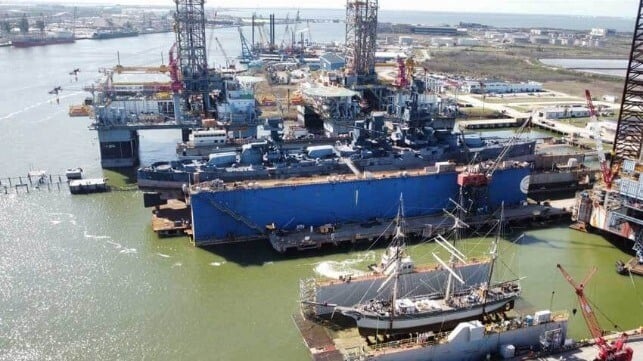- Messages
- 26,328
- Reaction score
- 4,756
- Points
- 288
Federal prosecutors want Nikola Corp. founder Trevor Milton sentenced to 11 years in prison for inflating the price of the electric truck maker’s stock to enrich himself.
The proposed sentence is in line with a presentence investigation report. But it fell well below the 60 years in prison called for based on calculations of the seriousness of Milton’s crimes. The government is also seeking a $5 million fine, forfeiture of a ranch in Utah that was subject of one of three fraud convictions, and an undetermined amount of restitution to investors to be determined after Monday’s scheduled sentencing n U.S. District Court in Manhattan, New York.
Milton, 41, was convicted of one count of securities fraud and two counts of wire fraud in October 2022 following a 3 1/2-week jury trial.

Feds seek 11-year prison term for Nikola founder
Federal prosecutors want to see Nikola founder Trevor Milton imprisoned for 11 years as punishment for lying to investors.www.freightwaves.com
Update.

Nikola Founder Trevor Milton releases new documentary
Nikola Founder Trevor Milton releases documentary aiming to set the story straight about his fall from leadership.
 www.freightwaves.com
www.freightwaves.com




















